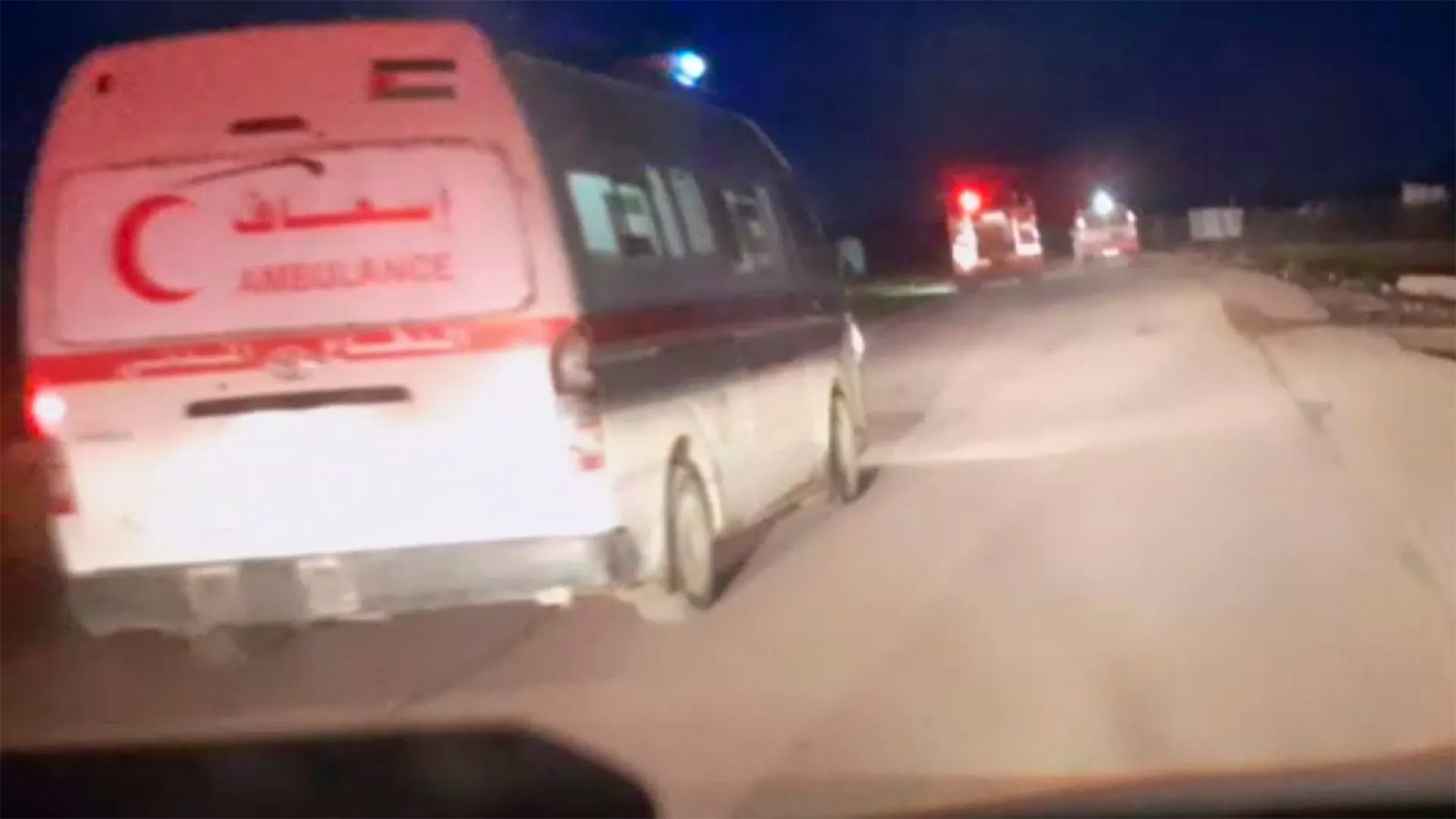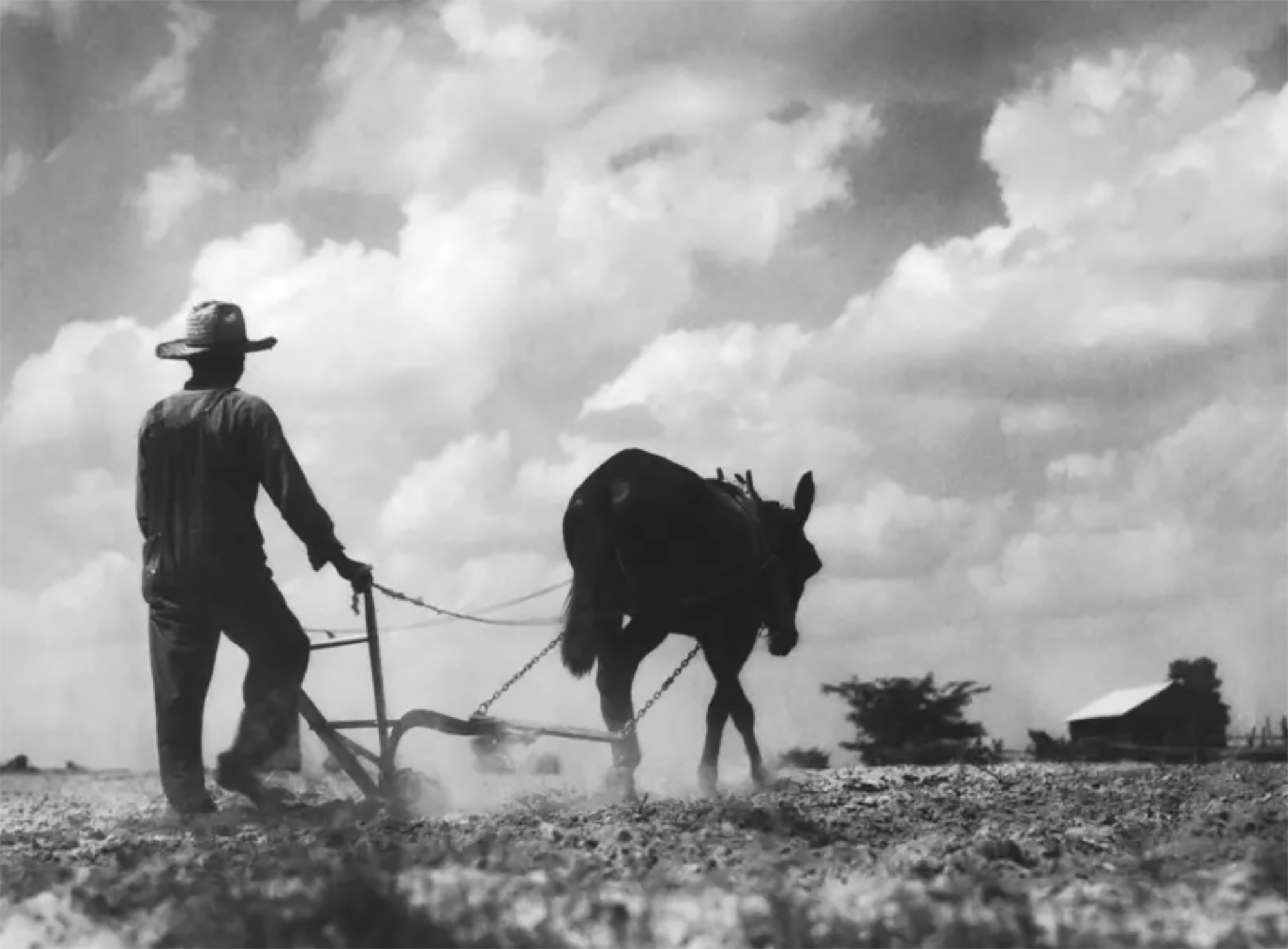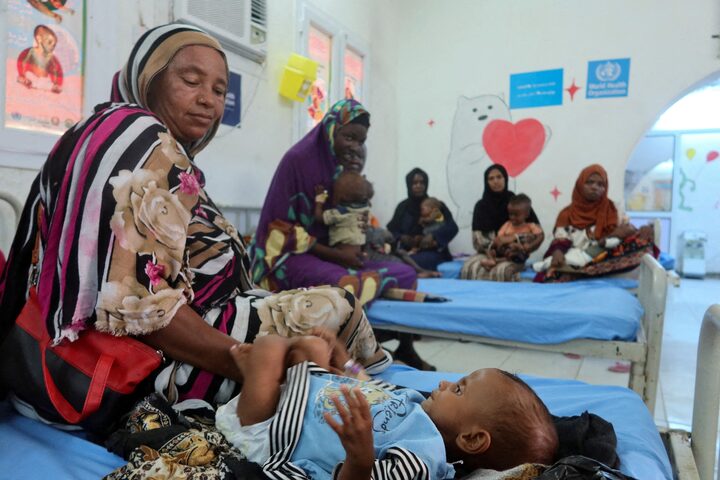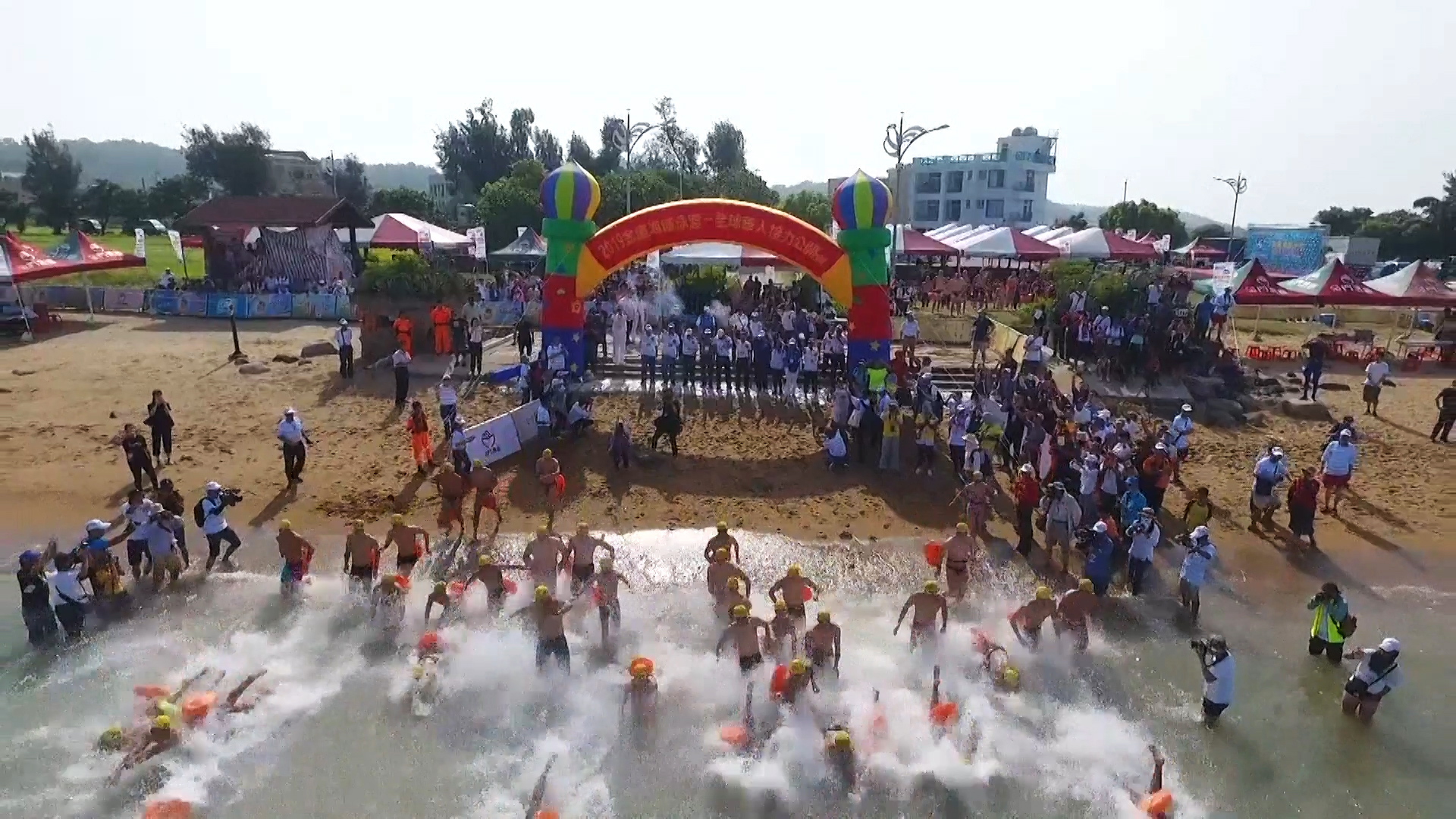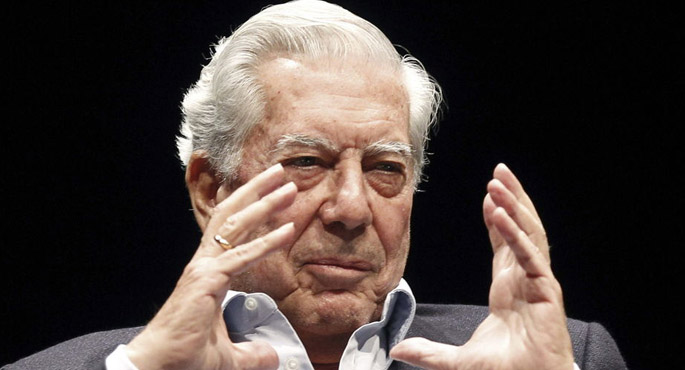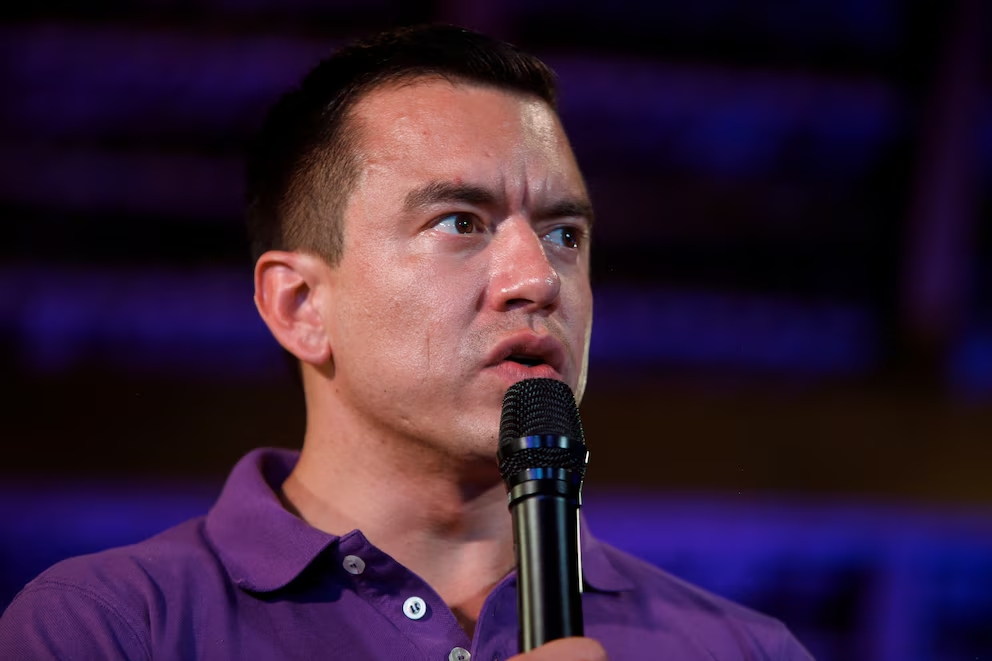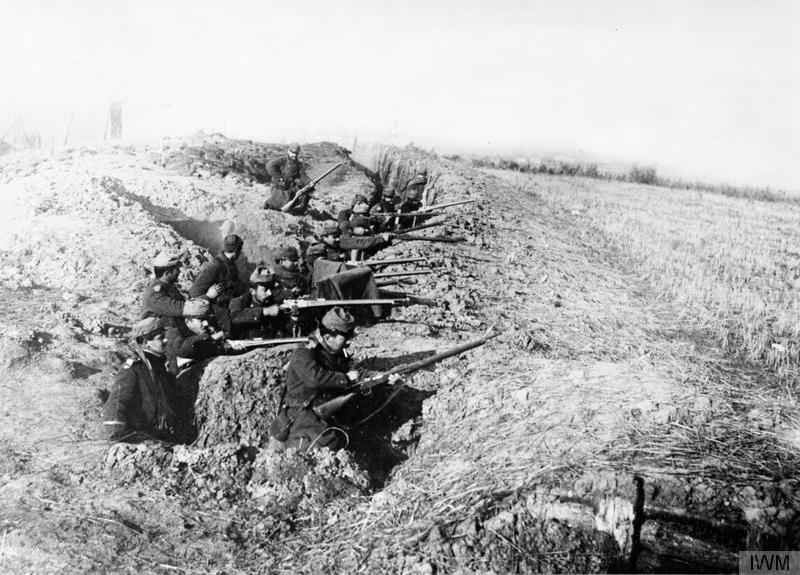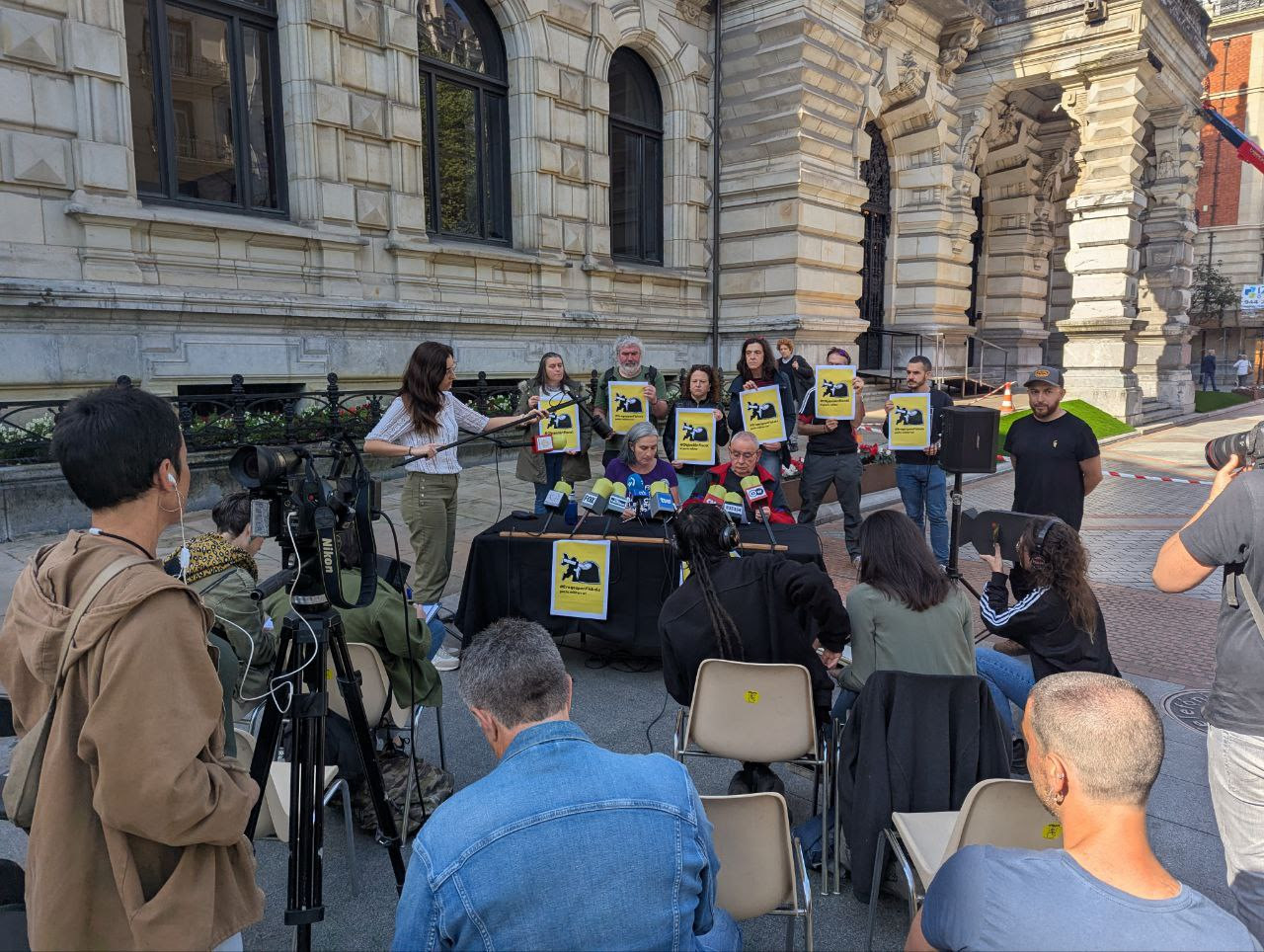Parallels and distances

We recently read the novel My little village by Gael Faye at the Escuela de Lectores de Borrería, in the version translated into Basque by Irati Bereau. The book tells the story of Gabriel – a child born in Burundi. His father is French and his mother is an exiled Tutsi who fled Rwanda. The book covers topics such as the transition from childhood to adolescence, family conflicts and social inequalities. But the central issue, and the climax of the narrative, is the conflict between the Hutu and the Tutsi. In fact, this conflict has caused enormous disastrous events not only in Rwanda, but also in Burundi. All of us who read it loved it, because it seemed easy to read and entertaining. We all had one thing in mind: We know very little about the history of Africa.
To prepare the reading group session I read an article by Alfredo González Ruibal, published in the magazine El Salto. In this text, Europeans criticize our view of the conflicts in Africa, which we define as “ethnic conflicts” in the black continent. Ethnic conflicts would be irrational, barbaric and incomprehensible struggles, as a result of the hatred and dislike that have accumulated over the centuries. But according to archaeologist González Ruibal, when the West defines a conflict as ethnic, it emphasizes the identity of those who compete and at the same time conceals the deep cause of these clashes. Ethnic conflicts do not exist, much less in Africa. Because the economic, social and political interests behind them, often derived from the effects of colonialism, are more evident than anywhere on the Black Continent. Often, it is a simple war of control over resources. We should therefore stop seeing the conflicts in Africa as mere barbaric and irrational confrontations.
Some might also think that these conflicts are a matter of the Third World and that they cannot occur in our latitudes. However, when I was reading the book I remembered that at the same time as the genocide in Rwanda (1994) and the civil war in Burundi (1993-2005), serious wars and massacres were also taking place in Europe. I'm talking about the Yugoslav wars. These included torture, ethnic cleansing, forced displacement, mass murder and sexual violence. The differences seemed to me that there were many differences, parallels, but the picture we have of each other is usually different.
My little town is a great book, it could be an introduction to Africa. But even though it was a very successful book in France, we had a hard time finding copies of the Basque version. In our country, it seems to have had a modest echo and we couldn’t find it in the catalogues. It may be a symptom of the state of the Basque literary market.
“Bag of resilience”, “survival manual”, “backpack of evacuations”: that’s what you can hear in the mouths of the authorities in recent weeks.
Among the declarations of the past month, the European Union has asked the population to prepare a “survival kit” to... [+]
If that's the fear. Donald Trump seems to have come to occupy Washington’s rounded office for a long time. He has a second mandate, but to his close advisers, confirming that he is not joking, he also mentions his rigid goal of changing some isolated numbers in the Constitution... [+]
Washington, D.C., June 17, 1930. The U.S. Congress passed the Tariff Act. It is also known as the Smoot-Hawley Act because it was promoted by Senator Reed Smoot and Representative Willis Hawley.
The law raised import tax limits for about 900 products by 40% to 60% in order to... [+]
Bandera amerikanoz inguratuta, muga-zergen oldarraldi berria iragarri zion munduari Donald Trumpek apirilaren 2an. Geroztik hamaika astindu jasan dituzte burtsek eta nazioarteko merkataritzak. Baina hau ez da zoro baten boxeorako ringa bakarrik: AEBetako politikan hamarkada... [+]
My mother always says: “I never understood why World War I happened. It doesn't make any sense to him. He does not understand why the old European powers were involved in such barbarism and does not get into his head how they were persuaded to kill these young men from Europe,... [+]









